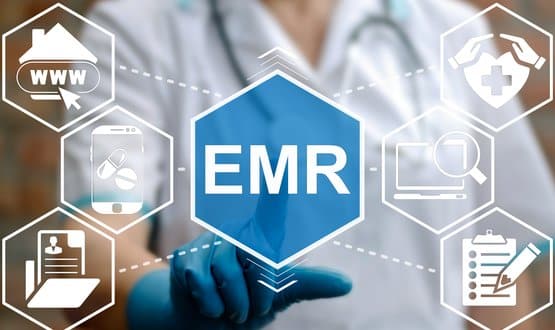Nuffield Orthopaedic Centre recognised for EMR practices
- 4 December 2020

The Nuffield Orthopaedic Centre (NOC) in Oxford has been recognised for its use of an electronic medical record to improve joined up care.
The centre has achieved Stage 6 on the electronic medical record (EMR) adoption and maturity scale set by HIMSS.
Digital initiatives used by NOC and the trust include electronic laboratory requesting and sample collection; a fully integrated blood product ordering, tracking and administration process; and the electronic validation of medications at the point of care.
Staff at the NOC, run by Oxford University Hospitals NHS Foundation Trust, were the first in the trust to go live with Cerner’s Millennium electronic patient record.
Paul Altmann, chief clinical information officer at the trust, said: “We are committed to the use of technology to improve patient care, so we are delighted to be formally recognised as having achieved Stage 6 at the Nuffield Orthopaedic Centre.
“This accolade puts us among an elite group of leading hospitals and medical centres across the world that use electronic systems as a tool to support clinicians in providing high quality patient care.”
The trust plans to build on the success at NOC and pursue Stage 6 accreditation across other trust sites, with the intention of aiming for Stage 7 accreditation in the future.
David Walliker, chief digital officer at the trust, added: “At the heart of the trust’s strategy both over the last five years and the next five years has been the concept of digital by default. What this means is to convert all our care workflows to digital ones, not just digitise the paper-based process in place prior to digital conversion.
“This recognition reflects how our clinical teams are using advanced technologies, data, and analytics on a daily basis to support and help improve the level of care that they give to our patients.
“A huge thank you to all the staff who have made the delivery of this important OUH milestone possible.”
As part of the trust’s digital approach clinicians have information easily available when they need it, paper records are removed, and it provides greater accuracy in recording of diagnoses, co-morbidities, and complications.




